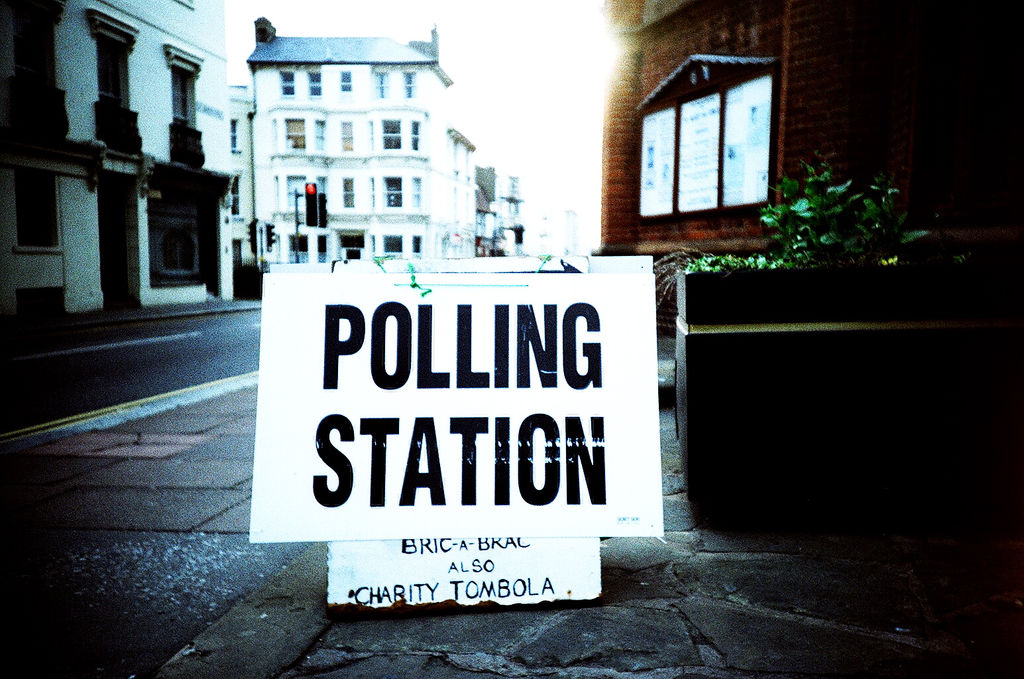The Prime Minister has called a snap election for 8th June, and it might seem as if we are in an endless cycle of elections and voting. Indeed, if you happen to live in Northern Ireland this general election will be the seventh time in three years you’ve been asked to cast your ballot.
However numbers aside, voting matters, democracy matters, and human rights play an integral role in ensuring you have the right to free and fair elections. So let’s have a look at what human rights have to do with elections and voting in a bit more detail.
So, how is this anything to do with my rights then?
Article 3 of the First Protocol to the Human Rights Convention, signed in 1950, mandates there must be “free elections at reasonable intervals by secret ballot, under conditions which will ensure the free expression of the opinion of the people in the choice of the legislature.”
This right guarantees that the UK will have regular and fair elections, as well as giving you the opportunity to vote and stand yourself. In Britain we have a strict set of rules called ‘Electoral Law’ to make sure elections are as fair as possible; these rules set out what the media can and cannot do and place limits on donations and electoral spending, as well as putting safeguards in place against bribery and misleading the public. This Article underlines the idea that voting is a right and not a privilege.
And everyone gets to vote, yes?
The UK has a long history of protecting free elections. Almost 800 years ago, in 1275, the Freedom of Election Act stated that:
“Elections ought to be free, the King commandeth upon great Forfeiture, that no Man by force of Arms, nor by Malice, or Menacing, shall disturb any to make free Election.”
After this, the 1689 Bill of Rights reasserted the idea that elections should be free from being interfered with a line saying the “Election of Members of Parlyament ought to be free.“
However, despite this long history of legislation asserting free and fair elections, voting has not always been a universal right. For most of Britain’s history, voting was a privilege for the rich. Before 1832, you could only vote if you were male and owned a big enough property. The idea that everyone should be able to vote didn’t have much traction in Parliament, which was dominated by men who owned big properties. Therefore the poor and the working classes had no voice in Parliament.
But all that has changed now!
The French Revolution, coupled with a rapidly growing and changing British population, led to more and more groups demanding genuine democracy. The first significant change came about with the 1832 Reform Act, which gave more men the opportunity to vote. However, voting was still only available to the minority.
The Chartists were the most well-known pressure group pushing for electoral reform in the 1840s and 50s. Yet, in the early 1860s only around 1.43 million had the vote out of a population of 30 million. The years between 1867 and 1928, saw no less than eight different Acts of Parliament aimed at democratic reform. They got rid of archaic wealth based voting systems, introduced secret ballots to prevent bribing and intimidation, and importantly in 1928 gave women the same voting rights as men.
Since 1969 all males and females over the age of 18 have the right to vote in the UK but it’s been a long old road since 1275 to get to that point.
The future debate?
 So, we’re here, but what next? Many politicians and young people have been arguing for the legal voting age to be lowered to the age of 16, arguing that it will them to get involved with our democracy and that 16 and 17 year olds should have a say in decisions that will affect their future. Others though, argue that 16 is simply too young to be voting.
So, we’re here, but what next? Many politicians and young people have been arguing for the legal voting age to be lowered to the age of 16, arguing that it will them to get involved with our democracy and that 16 and 17 year olds should have a say in decisions that will affect their future. Others though, argue that 16 is simply too young to be voting.
Don’t forget to vote!
So, there you have it, almost 800 years of voting history in the time it takes to register to vote. So, if you are 18 or over, don’t forget you need to register to vote by May 22. It takes around five minutes and we at RightsInfo highly recommend you exercise your hard earned human right to do so. You can do that here.
Want to know more about elections and your right to vote?
- Understand more about Article 3 by looking at our beautiful infographic
- Read our article on democracy in the UK







